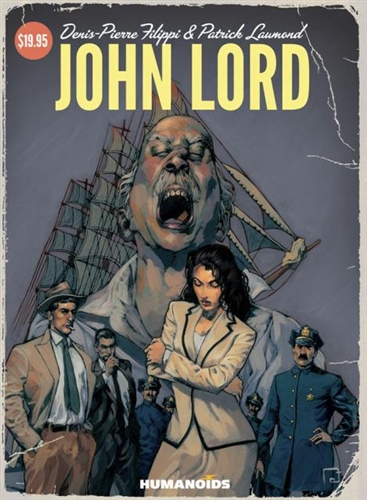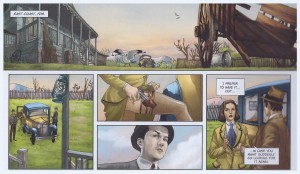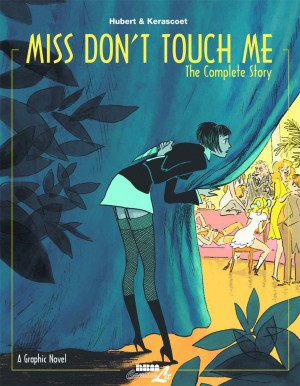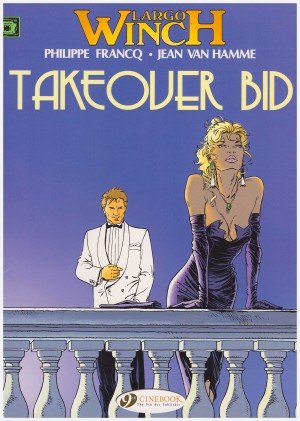Review by Frank Plowright
Via their European office Humanoids have access to a seemingly limitless selection of first rate French graphic novels, their bulky editions collecting three or four slimmer volumes as originally published. John Lord is yet another from the conveyor belt.
Set in New York and Louisiana in 1918, the story is mismatched couple, procedural crime drama, the era simultaneously distancing the familiarity of the concept and wiping away the tools so necessary to the present-day genre. When investigating records Clara Summers can’t just log-on, it requires a trip of several hundred miles to search dusty archives. These are beautifully painted by Patrick Laumond, a man whose mastery of dark shades delivers perpetually gloomy cities, and contrastingly bright landscapes.
The investigation concerns the violent deaths of several respected citizens, seemingly linked to a massacre in Louisiana thirty years previously. All victims appear to have been savaged by a clawed beast. Writer Denis-Pierre Filippi makes an interesting narrative choice, juxtaposing events of 1918 alongside events of the past that relate the story under inquiry. This isn’t immediately apparent, leading to some early head-scratching, but as the light dawns the full horror of the circumstances propelling the killings unwinds.
While a diverting read, John Lord has its flaws. The strained formality of the dialogue further fixes the characters in a time before our births, yet naturalism is a secondary consideration, particularly in the opening chapter. The major problem, though, is Lord himself, an arrogant and unlikeable lead with a constantly referenced, but never revealed past. His portrayal is the clichéd film noir hard man, perpetually guarded and entirely unsympathetic, and attempts to render him more palatable, such as a knowledge of the finest French cuisine in New York prepared by a native American in his tenement apartment, never convince.
While Lord has attitudes very much of his time, a desire to evade accusations of sexism ensures Clara Winters holds a position beyond any a real-life counterpart of the era could hope to attain, and she’s consistently resourceful in the face of a cynical partner. These aren’t fatal flaws. This is, after all, pulp fiction, the comparison deliberately invited by the frayed illustration design of the covers, and anyone able to suspend their disbelief for Batman ought to be able to do so here.





